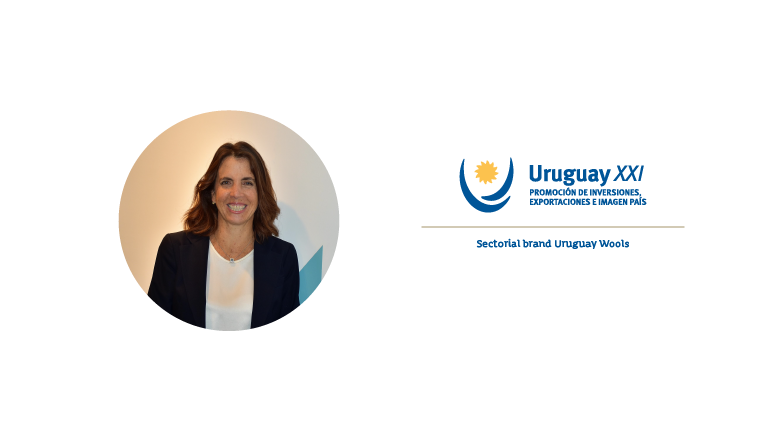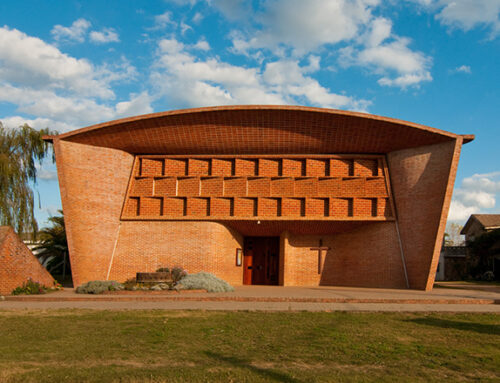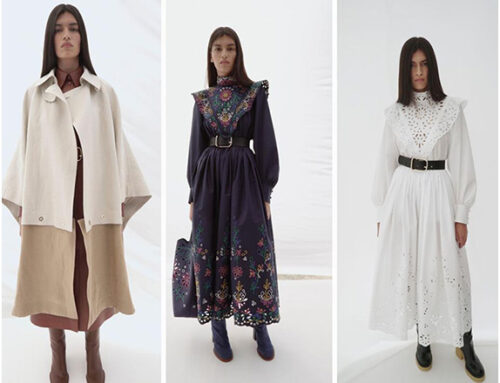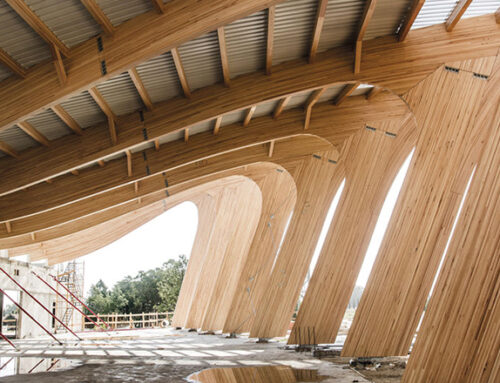Uruguay XXI launched in August the new sectorial brand Uruguay Wools, with the aim of shoring up a bruised sector, but with enormous potential. In the following interview, Inés Bonicelli, Deputy Director of Uruguay XXI, explains the decision to support this sector and the prospects for Uruguayan wools.
Why did Uruguay XXI decide to support the wool sector specifically at this stage?
Wool has been a traditional export product of Uruguay for many years. However, it is a sector that in some ways has felt forgotten or neglected, even by the Uruguayan consumer itself.
By deepening the sectorial study, we detected the need to provide greater support to this sector. This motivated the need to work on the creation of a sectorial brand that would act as an umbrella within which a series of initiatives to promote and make the sector visible could be included. Uruguay has a wool of excellent quality and recognized worldwide, and it also has an active and committed productive sector from breeding and shearing, through handcrafted classification and manufacture of tops to the making of designer garments that are included by the most exclusive brands worldwide. We are one of the four largest producers of tops in the world and it is a position that we at Uruguay XXI believe should not be lost.
In parallel, we see how the world is changing and there is a return to a preference for natural fibers and in that sense, we believe that wool is a product with potential.
What opportunities arise for Uruguayan wools in this context of a global pandemic?
There are opportunities at the product level: people around the world have had to stay at home and have returned to weaving as a hobby, especially in the northern hemisphere. Furthermore, the pandemic has boosted e-commerce and many Uruguayan designers and artisans working with wool have been able to show and sell their products to end consumers who have begun to use e-commerce more. Finally, some markets that buy wool in its primary state, that is, without any garment, are beginning to question their dependence on China and the “Uruguayan origin” may begin to have an interesting value. That is the bet. We also need to get Uruguayans to identify with this fiber, make them feel proud of the quality of their wool. We need to make them understand the difference between natural and synthetic fibers and why using natural fibers is better for the world, for the environment, for the oceans and for the animals themselves.
What is Uruguay’s advantage in these circumstances?
Uruguay has a unique opportunity to position itself as a producer of premium wool, produced in a sustainable way, with animals raised on natural pastures, without temperature extremes, in a state of animal welfare, shorn without being harmed and by professional crews. Here the wool is processed in plants that use renewable energies, which treat their effluents, do not pollute and pay fair wages. We believe that all these attributes will be increasingly valued by the most sophisticated consumers. A good thing is that soon all these characteristics will be reflected in a QR code that garments made with Uruguayan wool will have. If Uruguay manages to tell this story well and position its wools well through promotion, we believe it will be the opportunity for Uruguayan wools to be recognized as the best in the world.
Source: Country Brand





